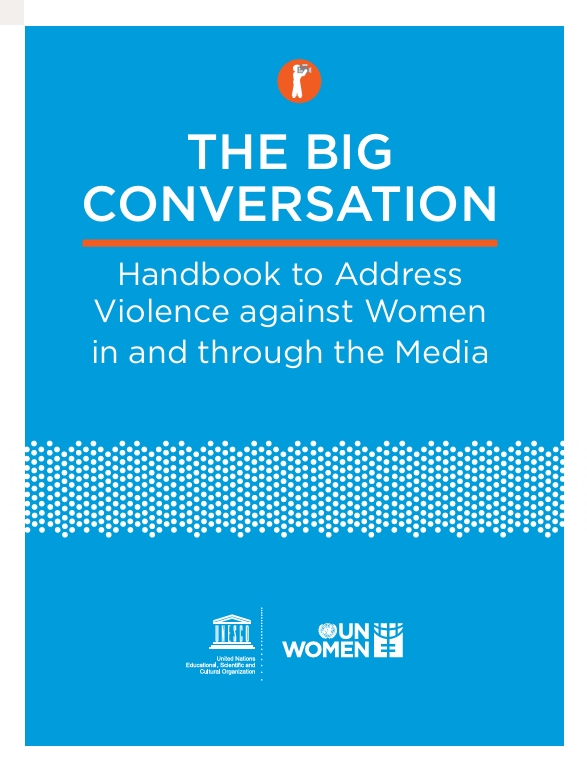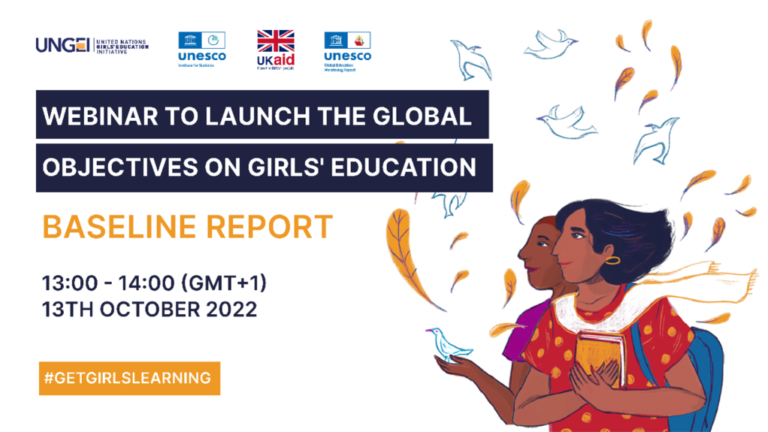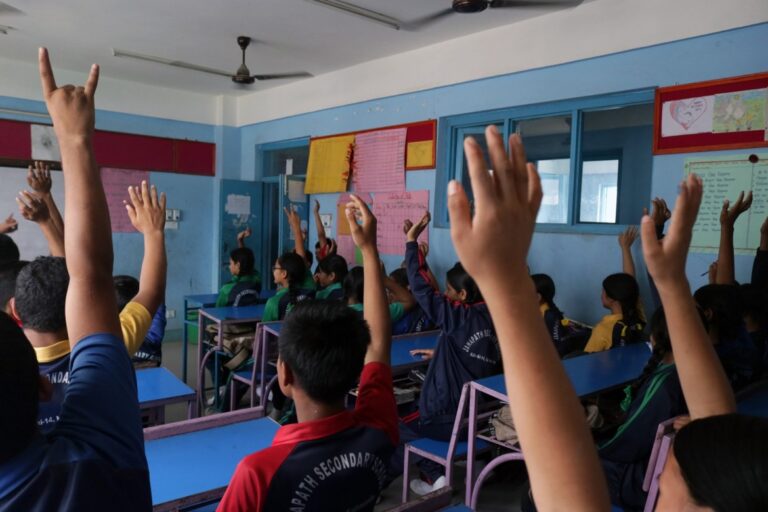Story Source: Brookings ~ Go to Original Article
As one of the world’s fastest-growing economies, Bangladesh aims to become a middle-income country by 2021 and a high-income country by 2041. To attain these goals, the country must face global challenges head on by strengthening existing industries and preparing itself for industries that have yet to emerge. To do this, it
must tap the full potential of its human capital. Although Bangladesh made strides in access to education during the Millennium Development Goals era, poor girls continue to fall behind despite their ambitions to lead the country to change—a gap that affects their work outcomes once they leave school. The skills that Bangladesh’s youth need to thrive in a world of rapid technological advancement will require a response by policymakers and practitioners alike.
This policy paper unveils the barriers to educational opportunities for rural girls in Bangladesh, focusing specifically on science, technology, engineering, and mathematics (STEM) education. It reflects upon a survey of 500 rural secondary-level schoolgirls, 100 parents, and 75 teachers from 30 rural schools of the district of Gazipur. The study identified barriers to STEM education at three levels—individual, institutional, and societal—that revealed both systemic and socio-cultural issues that actors in policy and practice can tackle. It provides clear recommendations for action and examples of practices that have started to fill the gap globally. If Bangladesh is to accomplish its goals and tap the potential of all its youth for rapid development, breaking the barriers to STEM education for all children is a key place to start……….………………….……………………..






